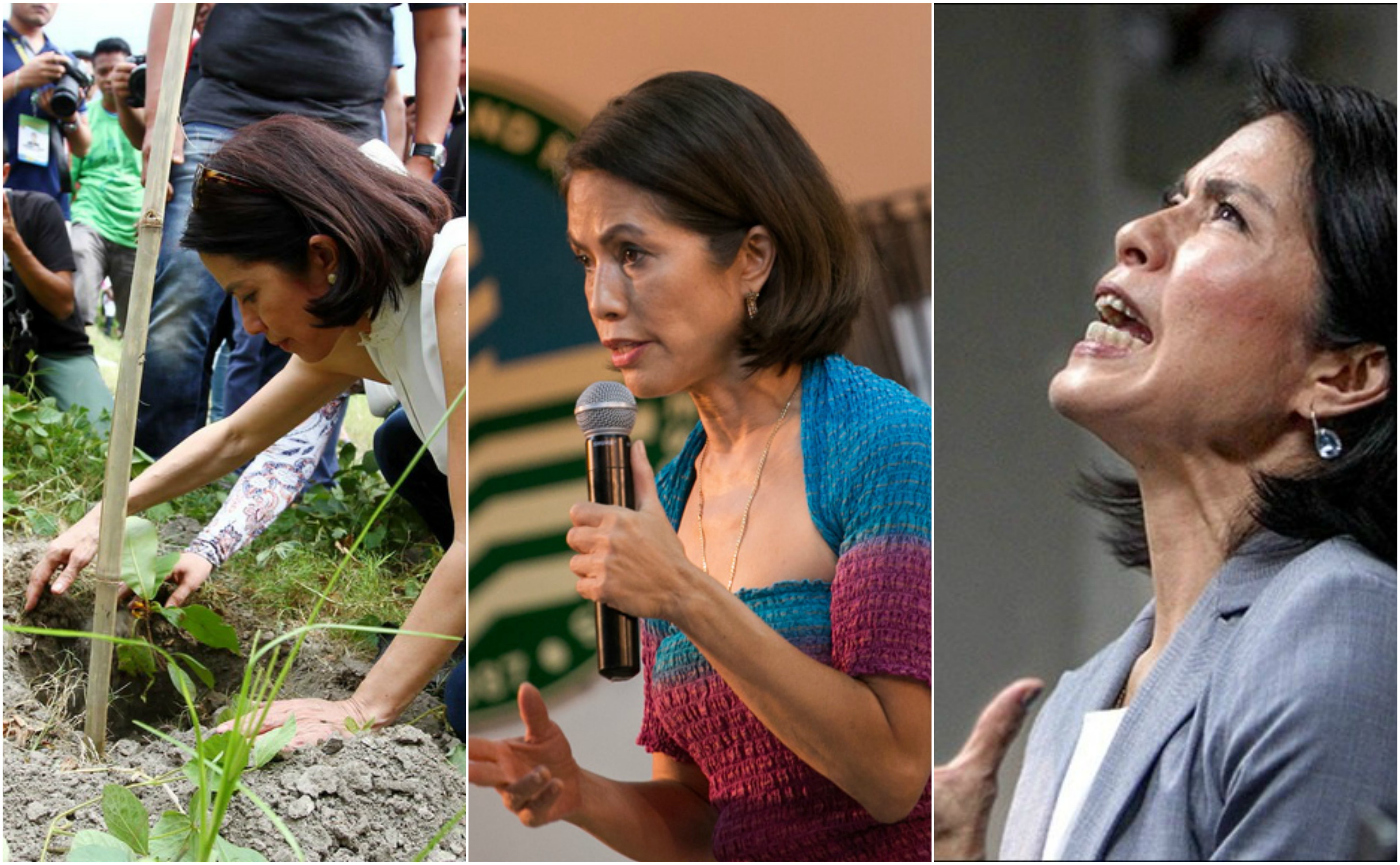When it comes to protecting the environment, there seems to be no enemy worse than large-scale mining firms.
They are rarely scrutinized for their environmental record and in those limited instances that they do, they writhe their way out of hefty consequences thanks to well-paid defense teams and their connections in the political world. At times it feels like these mining firms are immune to facing justice, incurring no more than slap-on-the-wrist fines or futile warnings but are allowed to carry on with their destruction of the environment.
That is until the reign of the current environmental watchdog.
Perennial environmental activist and now Secretary of the Department of Environment and Natural Resources (DENR) Gina Lopez announced last year the audit of dozens of mining companies in the country, citing possible environmental law violations.The announcement came as a surprise to many, noting that such a move would certainly mean a clash with prominent politicians who are on the payroll of these moneyed mining firms.
Just last week, she announced the result of the audit – a decision which breathed hope to environmentalists in the country. Secretary Lopez announced the closure of 23 mining firms, all of which were guilty of ruining the environment. These violations include operating on or near watersheds, causing siltation of coastal waters and destruction of watersheds, among others. Siltation happens when excessive mineral particles contaminate a body of water, such a phenomenon has been blamed for much of the flooding of coastal towns and the deteriorating health of the people in them.
A watershed describes an area of land that contains a common set of streams and rivers that all drain into a single larger body of water, such as a larger river, a lake or an ocean. Any extractive activity done in a watershed area leads to siltation, this not only makes flooding more likely as well as making drinking water scarce it also ruins farming crops and decreases yield.
In the audit done by the DENR, Secretary Lopez bared that 15 mines operated on or near watershed areas. The activity led to several rivers turning red in color, due to high levels of mercury in the water.
There exists a current ban on mining in watershed areas, asked why the mines were allowed to operate in the first place she attributed it to the “mistake” of the Mines and Geosciences Bureau (MGB) – the agency which issues mining exploration permits. It is hard to countenance that their decision to allow such mining operations was a “mistake”, a more believable explanation would either be incompetency or downright corruption.
The sorry state of the environment in the Philippines can be pinpointed to the same reasons. The regulatory agencies tasked to ensure the protection of the environment and the well-being of people have failed in their jobs, either by incompetency or corruption. Given the amount of revenue mining brings, as well as the horde of politicos having links to mining companies, the latter reason may be a better bet.
Hence, the decisiveness of Gina Lopez is a breath of fresh air in the DENR – in fact, it is a welcome change for any government agency. Among all of President Duterte’s appointees to his Cabinet, Lopez stands out as the most dedicated in promoting pro-poor policies. It came as no surprise when the President lauded the DENR boss for her recent reforms, citing that they are in line with his pro-poor platform when he was seeking election.
The fact remains however that mining is still a big-money enterprise, not to mention it boasts prominent allies in politics. We can surely expect the mining lobby to mount a challenge, but Secretary Lopez has displayed sheer courage in confronting any force that dares to threaten the environment – we can rest easy keeping in mind that she will not back down without a fight.


Save our ecosystem let us all help put her in the senate! I will campaign for her even if she runs as an independent candidate.